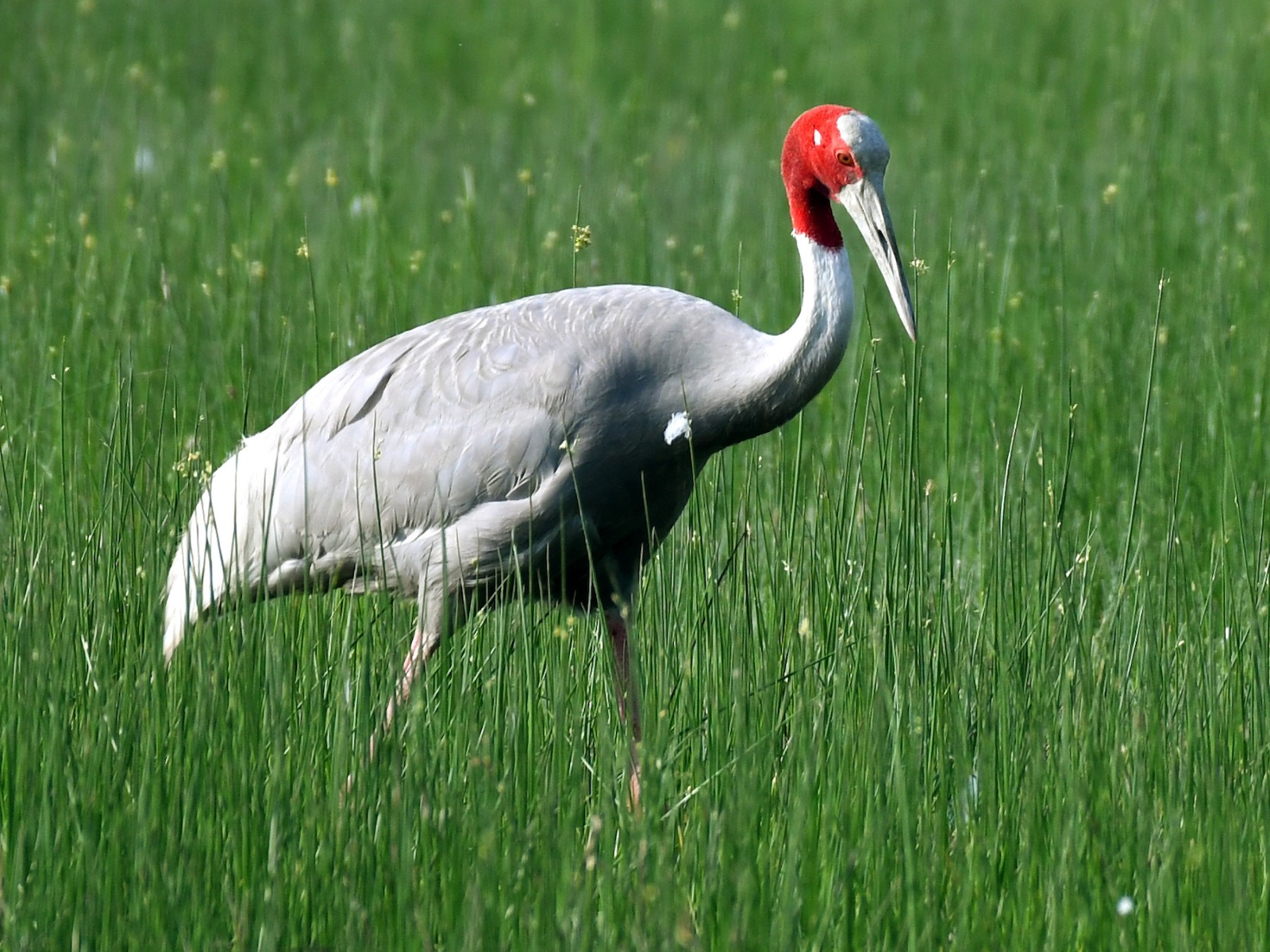Uttar Pradesh Switch to Hindi
Uttar Pradesh Dismiss Permit for Pruning Mango
Why in News?
Recently, the Uttar Pradesh government took a decision to exempt state farmers from the requirement of getting permission from any government department for pruning mango trees.
- Mango producers can simply prune the trees and reduce their height to enhance their productivity.
Key Points
- This decision simplifies canopy management for old mango orchards. It will rejuvenate old mango orchards, making them as productive as new ones.
- In older orchards, the growth of new leaves and branches which is crucial for flowering and fruiting has declined.
- Instead, thick and tangled branches dominate, blocking sufficient light from reaching the interior.
- These conditions result in greater insect and disease infestations and complicate effective pesticide application.
- As a result, the sprayed pesticides often fail to reach the inner parts of the trees, causing increased pesticide use and environmental pollution.
- To tackle these problems, the Central Institute of Subtropical Horticulture (CISH) has developed an effective pruning technique for rejuvenating mango trees.
- This method, called pruning of tertiary branches or table-top pruning, opens the tree's canopy, reduces its height, and fosters a healthier environment.
- This pruning technique enables trees to yield up to 100 kg per tree within just 2-3 years, while also reducing the need for excessive pesticide use.
The Central Institute for Subtropical Horticulture (CISH)
- It was started as Central Mango Research Station on September 4, 1972 under the aegis of the Indian Institute of Horticultural Research, Bangalore.
- The Institute, later renamed as Central Institute for Subtropical Horticulture (CISH) on June 14, 1995, is serving the nation on all aspects of research on subtropical fruits.
- Headquarter of CISH is situated at Lucknow, Uttar Pradesh.


Uttar Pradesh Switch to Hindi
Surge in Sarus Crane Population
Why in News?
According to a census conducted by the State forest department, the population of Sarus cranes in Uttar Pradesh is rising.
Key Points
- The survey revealed that the Etawah Forest Division recorded the highest number of Sarus cranes at 3,289, an increase of 500.
- While the Mau Forest Division spotted six Sarus cranes for the first time in a decade.
- In Uttar Pradesh, Sarus crane numbers have consistently risen over the years from 17,329 in 2021 to 19,188 in 2022, 19,522 in 2023, and 19,918 in 2024.
Sarus Crane
- The scientific name of Sarus Crane is Grus Antigone.
- It is the tallest flying bird in the world, standing 152-156 cm tall with a wingspan of 240cm.
- The Sarus crane has predominantly grey plumage with a naked red head and upper neck and pale red legs.
- It is known to mate for life with a single partner, and its breeding season coincides with heavy rains during the monsoon season.
- These are known to live in association with humans and well watered plains, marshland, ponds, and wetlands (like Dhanauri wetland in UP) which are suitable for their forage and nesting.
- Conservation Status:
- IUCN red list: Vulnerable
- Wildlife (Protection) Act, 1972: Schedule IV




-UPPCS-English%20(web).png)
-UPPCS-English%20(mobile).png)






%20MPPCS%202025%20Desktop%20E.jpg)
%20MPPCS%202025%20Mobile%20E%20(1).jpg)

.jpg)









.png)







 PCS Parikshan
PCS Parikshan


